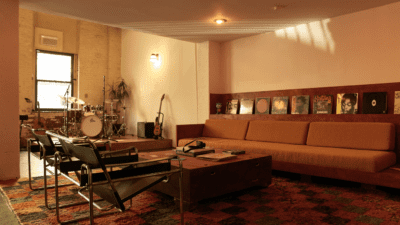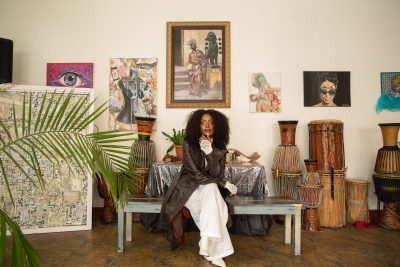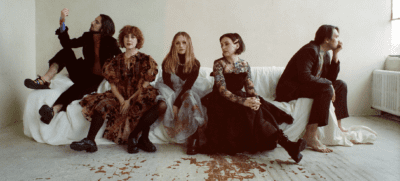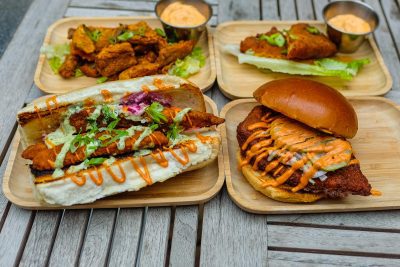Photo illustration by Johansen Peralta
Cycling in the city: Making it smarter, safer and more accessible
'We don’t think about biking as a system,' says Shabazz Stuart, CEO of bike parking startup Oonee, on this episode of the podcast
Like what you’re hearing? Subscribe to us at iTunes, check us out on Spotify and hear us on Google, Amazon, Stitcher and TuneIn. This is our RSS feed. Tell a friend!
Bicycling has enjoyed a huge boom in popularity in New York during the pandemic—to the tune of a 33 percent increase, according to the latest Cycling In the City annual report put out by the Department of Transportation.
But the influx of new riders is revealing some of the bigger stresses on the system: If you bike around the city at all—for errands, commuting, exercise, whatever—you’ve probably noticed that it’s hard to find a safe place to store your bike. And that’s after you’ve dealt with the morass of shoddy or unsafe bike lanes, the lack of cohesive cycling infrastructure throughout the city, and a Wild West of e-bikes, scooters and general hostility towards cyclists.
“The problem we have right now is that we have a city and we have city streets that are largely designed for cars,” says Shabazz Stuart, CEO of the bike parking startup Oonee. “If people feel the streets aren’t made for them as users, you will always feel like a guest on a roadway. It’s their road, I’m just on it for a little bit.”
Oonee is a Brooklyn-based company looking to address some of these issues. Last month the startup unveiled a bicycle parking system in Williamsburg’s Domino Park called the Oonee Mini, with the ultimate goal of erecting thousands of different sized modular parking sheds and storage facilities throughout the five boroughs.
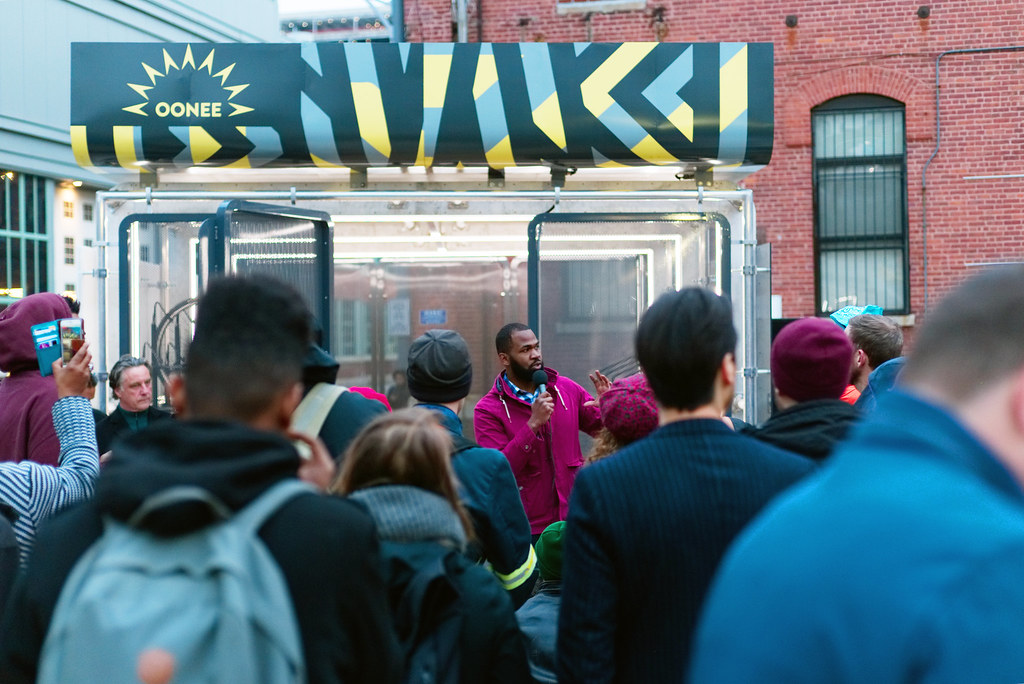
Stuart and the Oonee Mini. (Photo by Tyler Finchum, licensed with CC BY 2.0)
“If you build it, they definitely will come,” says Stuart, who is this week’s guest on “Brooklyn Magazine: The Podcast.” “We want to create bike parking facilities citywide that allow people to use their bike to get from point A to point B, to make more bike trips possible. You can’t do that unless you have secure bike parking.”
Speaking at the unveiling of the Oonee Mini, Brooklyn Borough President and Mayor-Elect Eric Adams said, “Access to bicycle parking is the number two reason that people are afraid to have bikes and move throughout the city.”
Led by a team of Black- and brown advocates, designers, and policy experts, Oonee is thinking bigger than just parking, though. Stuart and his colleagues are looking to change the dialogue around cycling in the city. And policy design needs to start with the stakeholders at the table, they argue.
“The priority is changing the conversation,” says Stuart, who was the deputy director of operations at the Downtown Brooklyn Partnership prior to co-founding Oonee. “It’s dominated by white men. That’s not reflective of who actually bikes in the city: We’ve got 65,000 delivery workers … who are almost all people of color and immigrants. We’ve got people across the five boroughs who are Black, brown, Hispanic, Asian. And they rely on bikes to get around. A majority of people who bike in New York City are non-white.”
Beyond who is having the conversation, Stuart wants to refocus the entirety conversation by opening the aperture beyond slapping some paint on the street.
“We don’t think about biking as a system,” he says. “We’re talking about ‘bike lanes, bike lanes, bike lanes.’ We’re not talking about the bike network, the bike system.”
Half of all driving trips in the city are under three miles, Stuart points out in our interview. Twenty percent of car trips are under a mile. The argument goes: By establishing a real infrastructure for cyclists in New York, fewer people will take those short trips in cars—which in turn makes longer car trips less arduous.
“Cyclists should have their own traffic lights; they should have convenient places to park; they should have clear signage,” says Stuart. “Right now it’s like the Wild West. You’re on your own if you’re on your bike in New York City.”
Check out this episode of “Brooklyn Magazine: The Podcast” for more. Subscribe and listen wherever you get your podcasts.
You might also like 


















